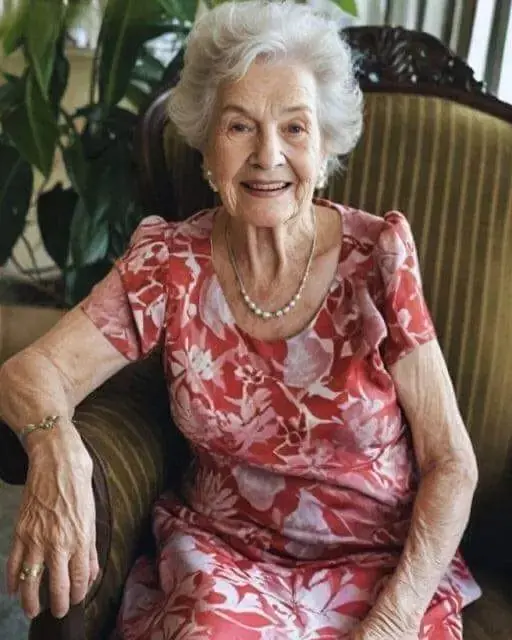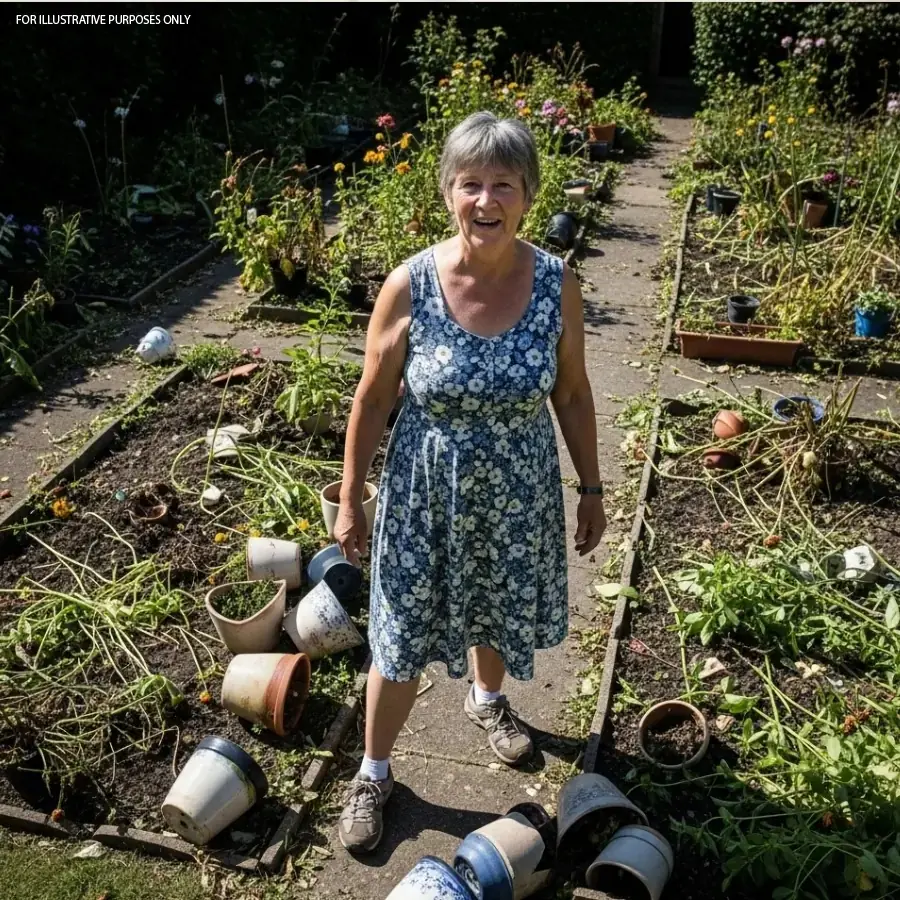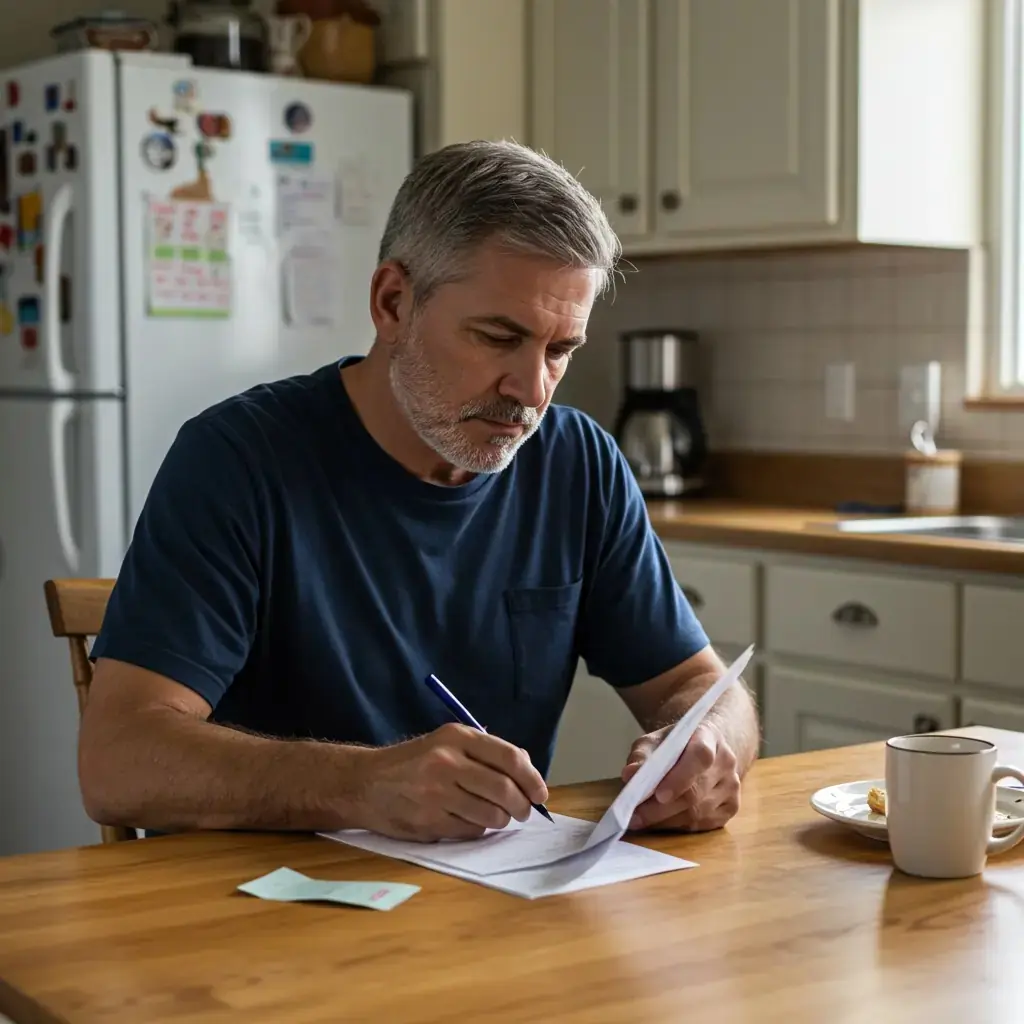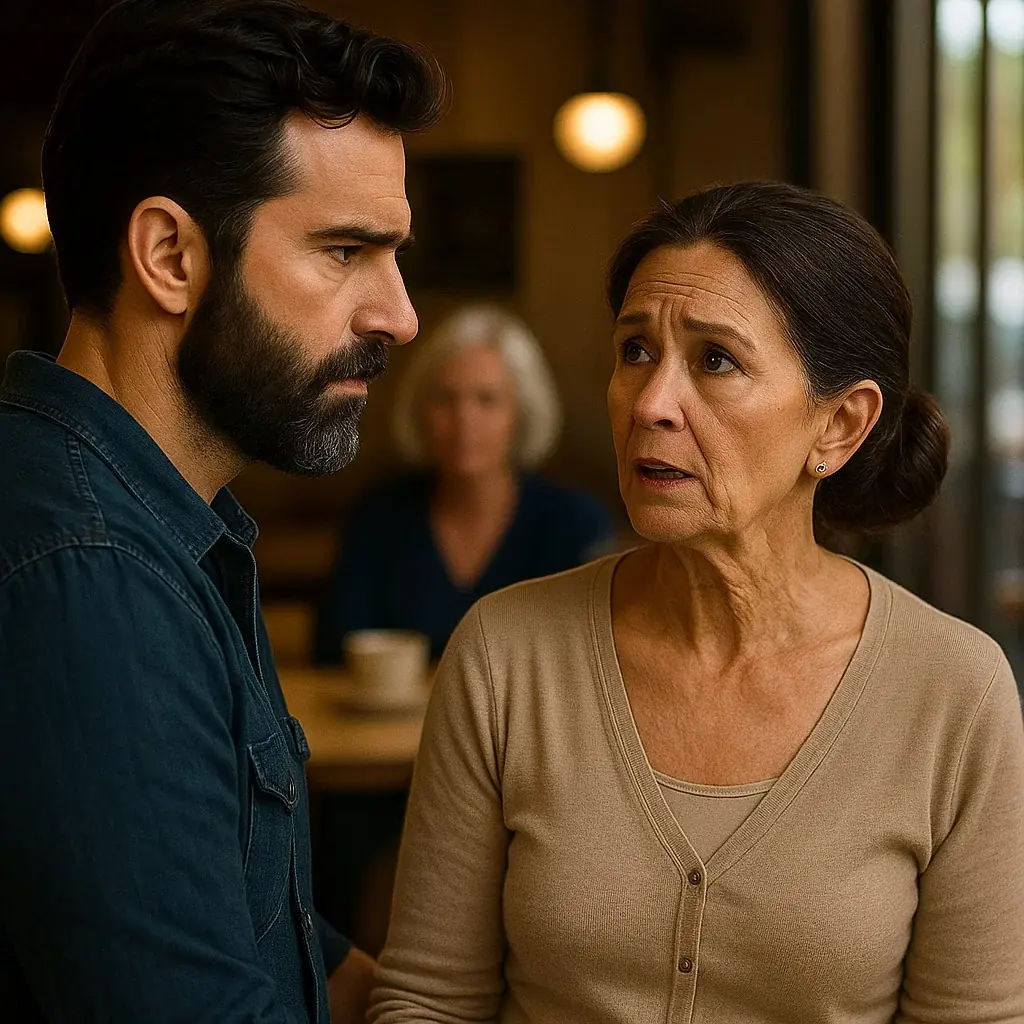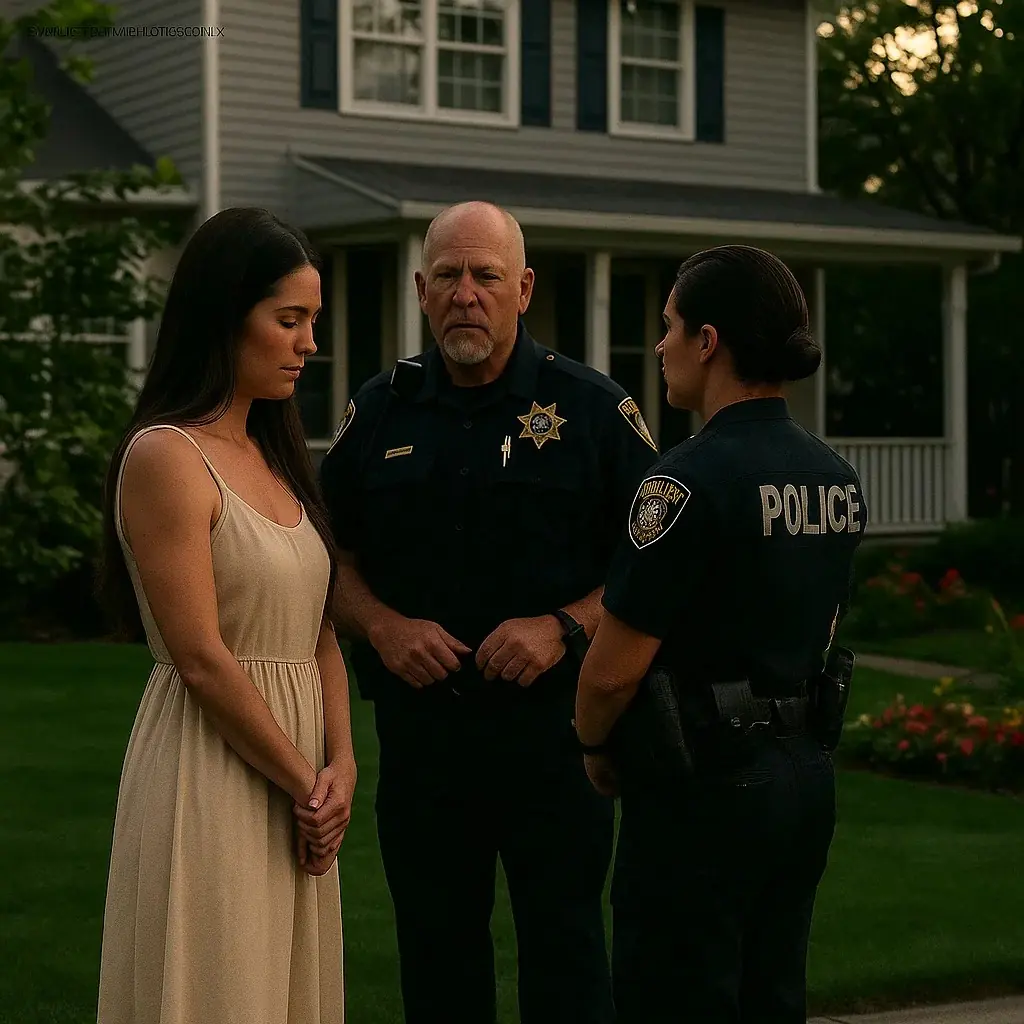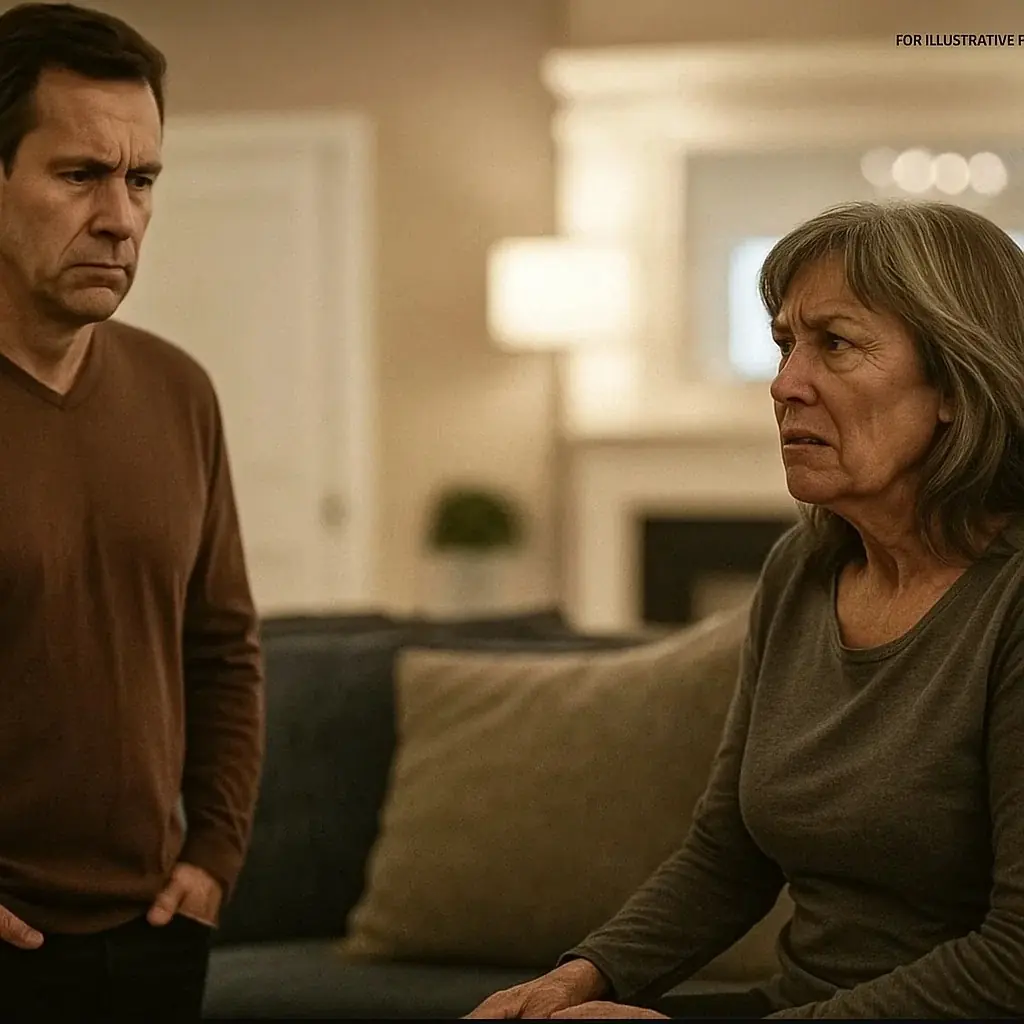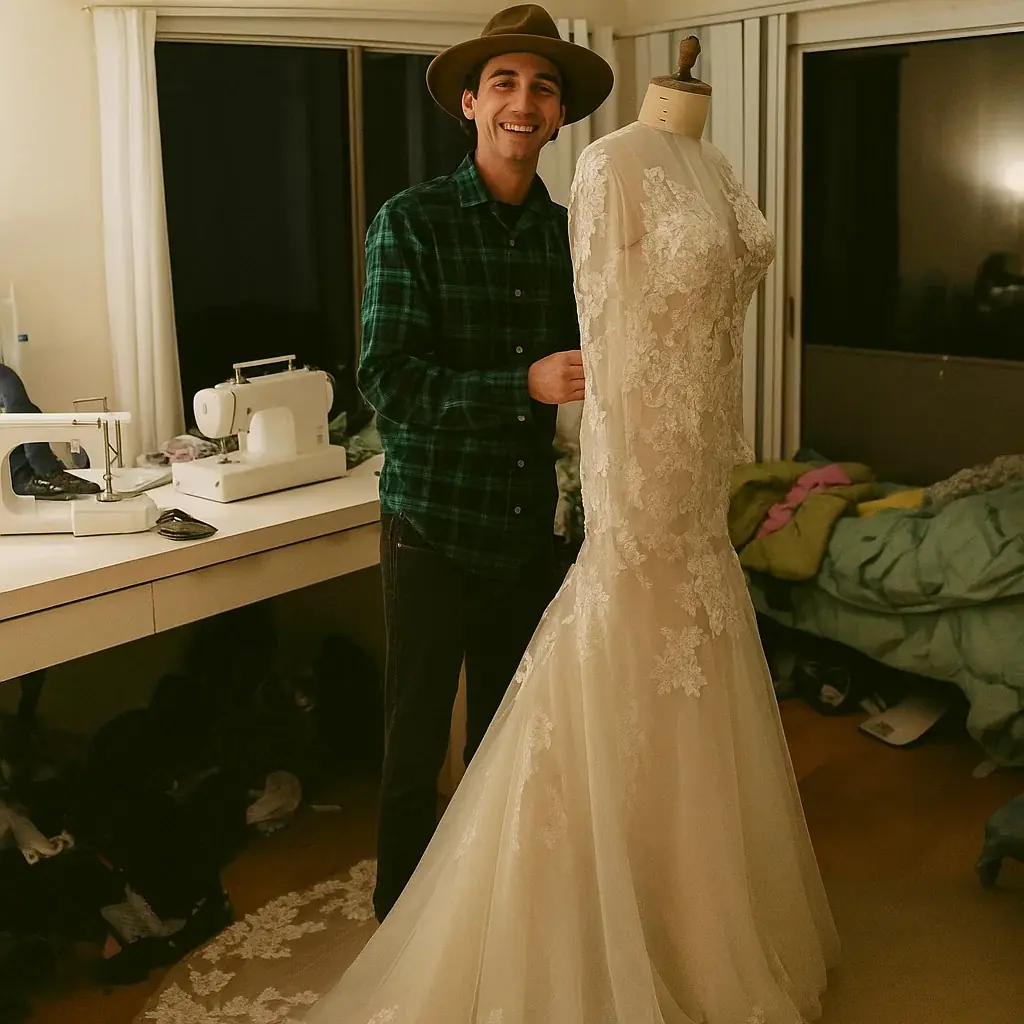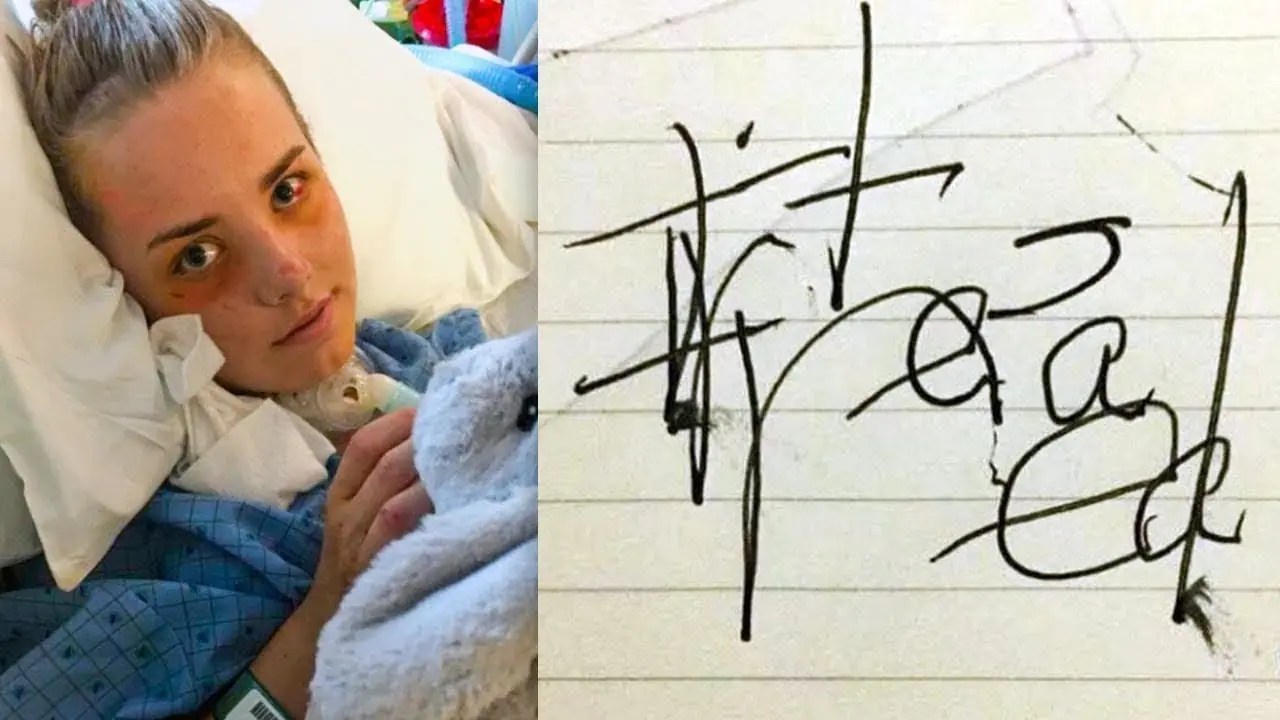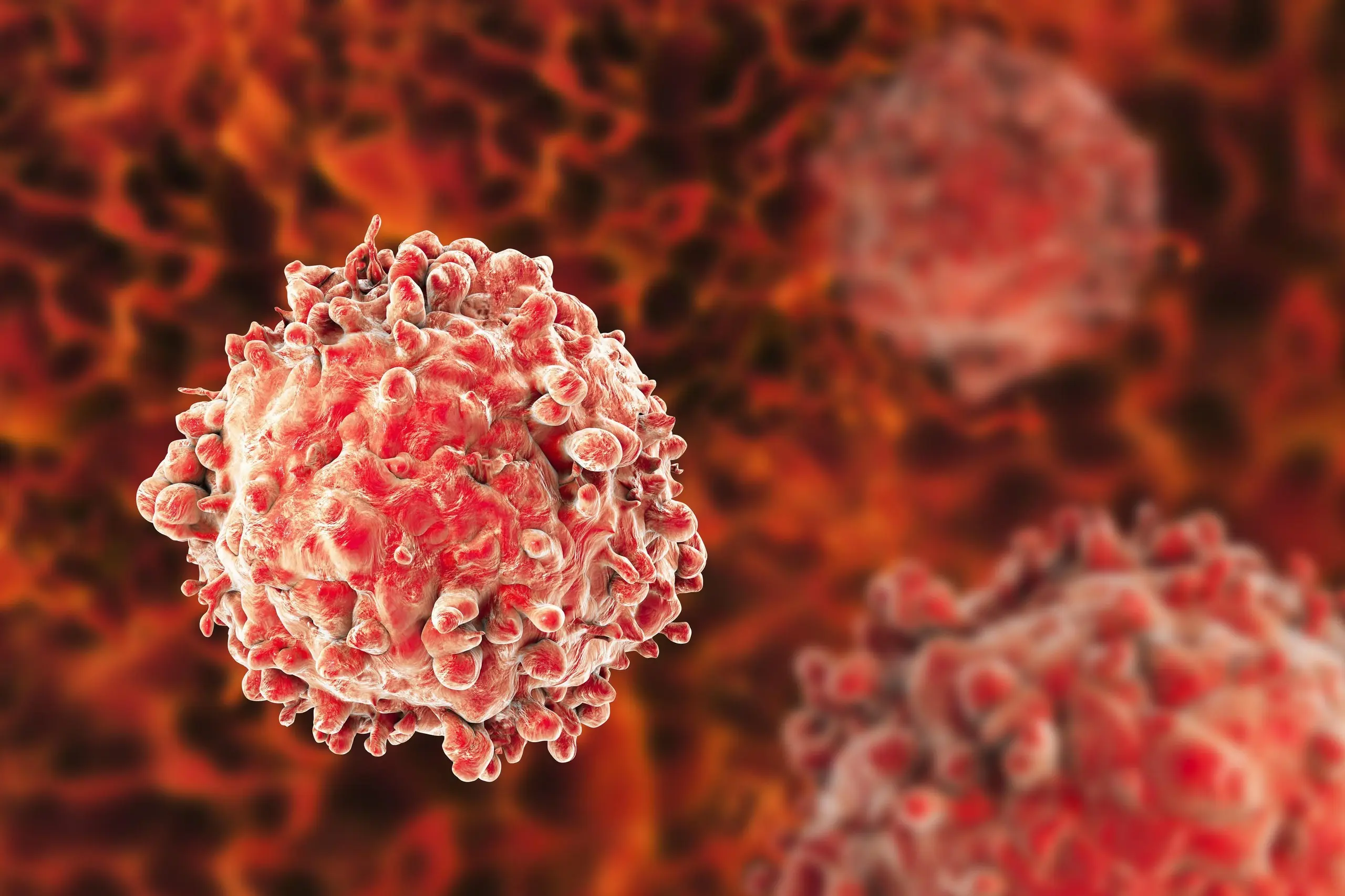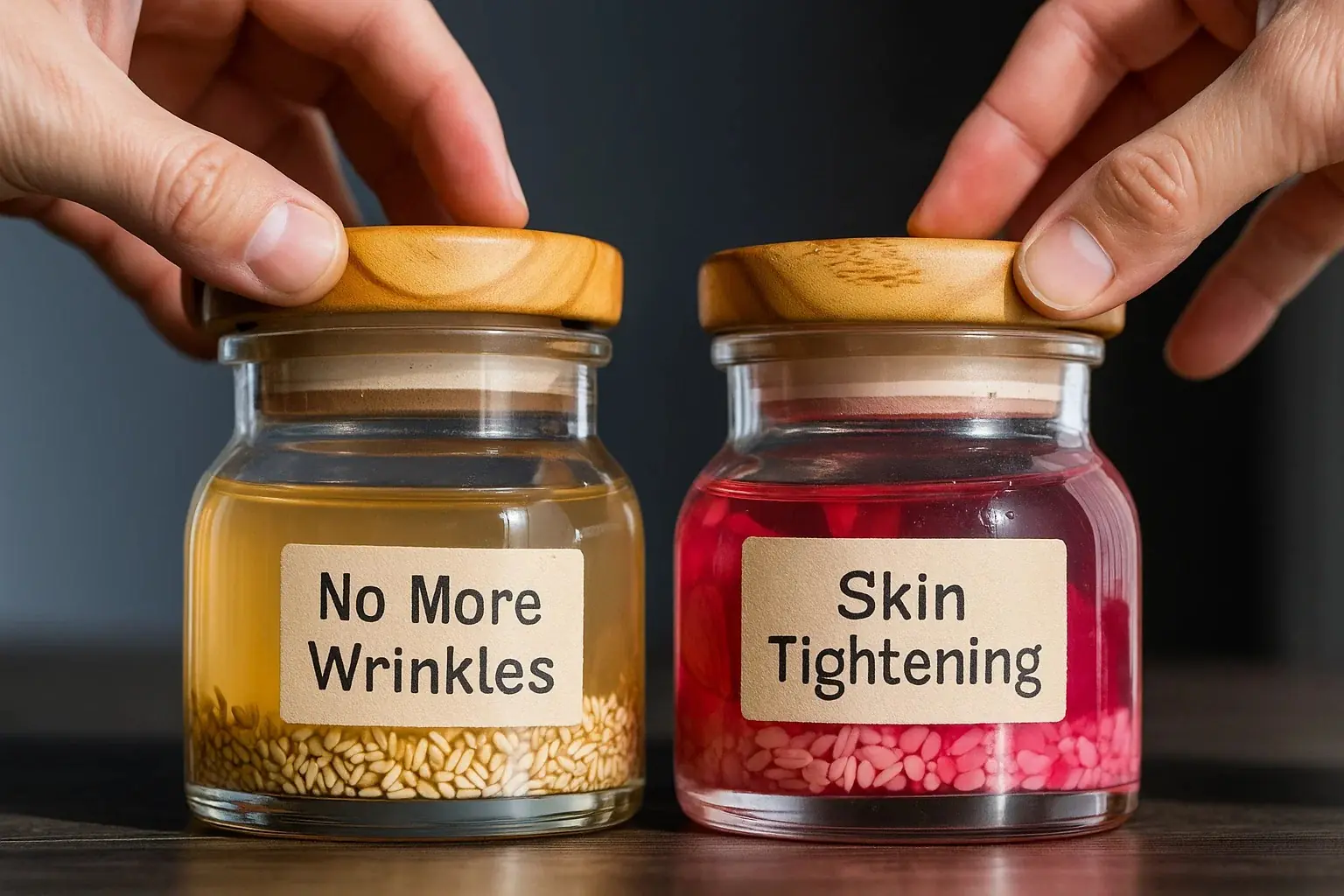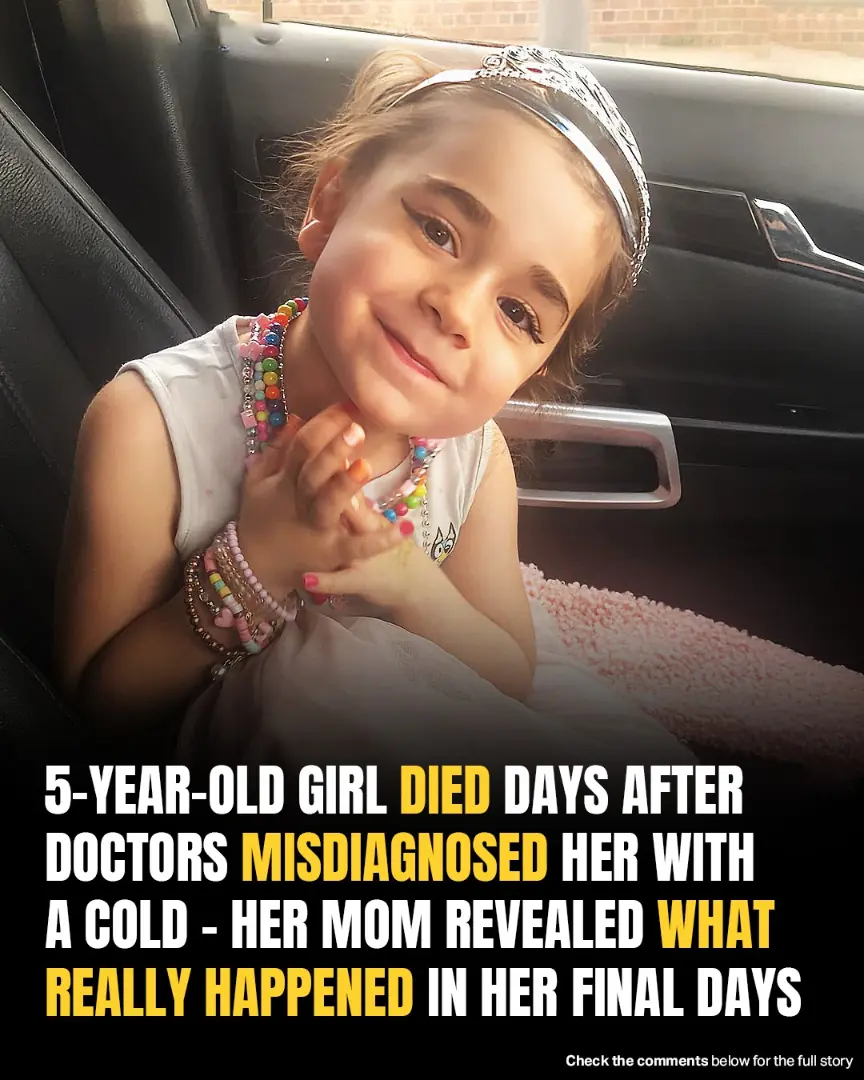In a life full of changes, Marina always believed that family was everything. However, when she unexpectedly discovered her parents' will, she realized that family bonds could sometimes be determined by numbers and paperwork. Faced with a deep rift with h

"Open up! We know you’re in there!"
Marina froze in the narrow hallway of her modest one-room apartment, clutching her phone tightly to her chest. Her father’s voice sounded rough and demanding, just like when he used to scold her in childhood for the smallest things—breaking a cup or bringing home a ‘B’ instead of an ‘A.’
Bang! Bang! His fist pounded on the iron door, making the key holder rattle. Marina knew the neighbors were already watching through their peepholes.
On her phone screen, a message from her mother popped up: “You’ve torn the family apart. We never imagined this from you.”
"Marina!" Now her mother’s voice was pleading. "What are you doing? Have you lost your mind?"
Marina’s trembling fingers hovered over the screen as she reread the message. A lump formed in her throat, and her lips quivered despite her firm resolve.
"But now I know what to expect from you," she whispered into the empty apartment.
The pounding on the door grew louder, and the door itself began to shake. Marina stood there, contemplating how everything had shifted so drastically in just two weeks.
Two weeks ago, Marina had still believed that family was unbreakable.
She had been in the hallway of her parents’ three-room apartment, removing her soaked boots. The same rose-patterned wallpaper had faded over the years, unchanged for the last fifteen. Bills for utilities piled up on the table, which she planned to pay via the bank app tomorrow.
"Marina, could you tidy up the living room?" Her mother called from the kitchen, drying her hands on a dish towel. "My back’s acting up."
"Of course, Mom," Marina replied, her voice steady from years of doing this every weekend. She’d bring groceries, buy blood pressure medicine for Dad, solve household problems. Artyom, her brother, would show up occasionally—just to eat Mom’s cutlets and borrow money until payday, which as usual, never came.
Marina turned on the vacuum cleaner, then began dusting the shelves. The same books, old photo frames, postcards from years ago. She moved quickly, almost mechanically, knowing exactly where everything was. But when she reached for a stack of magazines between photo albums and outdated documents, a thin folder slid out.
Clear plastic with a grayish edge. Marina was about to put it back when a sheet fell to the floor. Neatly folded, typed. She picked it up—and read.
A will.
At first, her eyes locked onto her brother’s name. Everything to Artyom.
“All real estate, including the apartment at [address], the summer house, the car, I bequeath to my son Artyom Gennadyevich.” Marina read the line three times. Then, again.
Her name appeared only at the very end: “With love to both children.”
"What… what is this?" she whispered.
She sat down in her father’s chair, holding the document. The apartment where she grew up, the dacha where she spent holidays—everything left to Artyom. The brother who only reached out to their parents when he needed something.
"Marina, the kettle’s boiling!" her mother called from the kitchen.
"Coming," she replied, but didn’t move.
She sat, staring at the wall where her certificate from the literature olympiad still hung—next to a drawing Artyom had made as a child. They were always side by side in this apartment. But now? Not as equals.
Holding the will, Marina walked into the kitchen. Her mother was pouring boiling water into cups with golden rims—the special ones “for guests.” Her father sat by the window, reading the newspaper and mumbling something about sugar prices.
"Dad," her voice was softer than she expected. "What is this?"
Her father set the paper aside and glanced at the will. Her mother turned, placing the kettle on the stand.
"So you found it," her father nodded. "I thought I hid it well."
"And that’s it?" Marina placed the will on the oilcloth next to the sugar bowl. "Just 'found it'?"
Her mother moved closer, sitting beside her, trying to soften the mood with a kind tone.
"Marina, you understand. You have everything: an apartment, a steady job, a salary. And Artyom… where else is he supposed to go?"
"Where?" Marina shot back. "To work!" Her frustration spilled over. "He’s thirty years old. He’s not disabled!"
"Marish, don’t start," her father interrupted without looking up. "You’re strong. You’re smart. We always knew that. But he… he’s not like you."
"Have you ever asked how I feel?" Marina’s voice cracked. "Who pays your bills? Who handles the pharmacy, the doctors? Who comes when there’s a fever, blood pressure problems, or the internet breaks?"
"Don’t raise your voice," her mother snapped. "We raised you, fed you…"
"And him too! But for him, it’s 'never worked out.' Five jobs in seven years—that’s not searching, that’s running away. And you’ve taken care of him all this time. And for me, it’s 'you’ll manage.'"
Marina stood up, knocking the chair over.
"But why should I support you, and he gets the inheritance?"
The room fell silent for a moment.
"You know," Marina said, her voice low and steady, "I thought family didn’t keep score. That love is unconditional, not based on who’s 'better.' But I guess I was wrong."
Her mother turned away, trying to say something but changing her mind. "That’s enough," Marina said. "Figure it out yourselves."
Leaving the apartment, she felt a strange relief—as if a burden had been lifted.
For two weeks, Marina lived in an unusual silence. No calls asking for help with bills or running to the pharmacy. She bought coffee beans, the kind she had always passed by with a sigh of "not now." But now? Now was the time.
Then, like clockwork, a message from her father arrived on Saturday morning:
“Utility bills due by the 15th. Will you pay?”
Marina sat at the table, sipping coffee and spreading butter on browned toast. She read the message, then set the phone down, finishing her coffee.
Then she typed: “Ask Artyom. It’s his apartment now.”
Five minutes later, the phone vibrated. First, her mother:
"What are you thinking, Marish?" her voice trembled. "That’s your father! Are you out of your mind?"
Marina responded shortly: "Figure it out yourselves." And hung up.
Then Artyom called.
"Marina, come on," he mumbled. "Mom and Dad didn’t mean to hurt you..." The call dropped.
The third call—her father’s voice:
"Are you serious? Leaving the family over nonsense?"
Marina muted the phone and shoved it in the desk drawer.
On Sunday, they came—her mother, father, and Artyom. Marina watched through the peephole. Her mother’s eyes were red from crying, her father’s expression stony, and Artyom was shifting uncomfortably, staring at the floor.
"Open up!" her father’s voice called. "We need to talk!"
She opened the door slightly, leaving the chain on.
"Speak from here," Marina said firmly.
"What’s wrong?" her mother began, her voice pleading. "You’ve always been understanding."
"We’re family..." Artyom tried to intervene. "You can’t just do this because of a piece of paper..."
"Because of a piece of paper?" Marina’s voice was laced with anger. "It’s a will, Artyom. A document that clearly shows who is important to our parents and who isn’t."
"You have everything!" her father raised his voice. "An apartment, a job! And we wanted to help Artyom!"
"Then help him. Without me." Marina nodded and closed the door.
The post appeared on social media the next morning, with Marina sipping her coffee.
“I didn’t raise a daughter to grow old alone. But I guess I was wrong about the person. When parents need help, true children don’t turn their backs. And the selfish ones reveal their true nature.”
Under the post, dozens of sympathetic comments flooded in from her mother’s friends: “How awful,” “Young people have no heart,” “Stay strong, Nadusha.”
Marina set her cup on the windowsill and, an hour later, a post from Artyom appeared — about family values and how his sister had “forgotten where she came from.” Her father merely shared the post with a comment: “That’s when you find out who people really are in tough times.”
Her phone buzzed constantly. Aunt Lena: “Marin, what’s going on?” A coworker: “Are you okay?” A neighbor on the landing greeted her ambiguously in the hallway.
By evening, Marina sat alone in her empty apartment, staring at her laptop screen. The cursor blinked in the blank window of a new post. For a long time, she debated staying silent. But the weight of everything inside her had to be released.
She began typing:
“For seven years, I paid the parents’ bills. For seven years, I bought groceries, medicines, solved household problems. I found out about the will by accident—all the property goes to my brother. When I asked ‘why?’ I heard: ‘You have everything; he can’t manage.’ Now I’m the selfish one because I’m tired of being convenient. Don’t judge until you’ve been in my shoes.”
Marina reread the text three times. Every word was honest. Not a single insult. Just the truth.
She clicked “Publish.”
Within a minute, the first supportive comments appeared. People shared similar stories. It turned out there were many “convenient” children just like her.
For the first time in a month, Marina didn’t feel alone.
The phone buzzed non-stop, notifications flooding in—comments, private messages, reposts. Marina sat on the couch, scrolling through the endless stream of responses.
“Girl, you’re amazing! I did the same with my lazy husband,” wrote a stranger with a cat avatar. “Parents are to blame themselves. They shouldn’t have shown such preferences so openly,” commented a middle-aged man. But there were others too: “How can you abandon your elders? Heartless.” Marina set the phone aside and made tea. Her phone vibrated again. A message from Aunt Lena, her mother’s sister: “Mashenka, you finally stood up for yourself. About time.”
Then—from a former classmate: “Saw your post. Hang in there, you’re doing the right thing.”
And then—a message from her father: “You’re a traitor. After everything we did for you.”
From her brother: “You’re just jealous. Always jealous that they love me more.”
Marina stared at these lines for a long time. Then, with a steady hand, she blocked them both. She had already blocked her mother’s number yesterday.
“Enough,” she said to the empty apartment.
She pulled out a cake from the fridge—the kind she only bought on holidays. Today felt like a holiday. The start of a new life.
A month passed, unnoticed. Marina sat on the balcony, an open book resting on the table. For the first time in a long while, she felt the desire to read.
The apartment was bathed in evening shadows. The fridge hummed quietly in the kitchen. A ficus—a recent purchase—stood on the windowsill. From the neighboring apartment, soft melodic music played. Somewhere below, a dog barked, and the entrance door slammed shut. The usual sounds of a typical evening.
The phone had been silent for a week. No calls asking for help, no requests for money, no health complaints.
“I’ve learned to say ‘no,’” Marina said aloud, surprised by the sound of her own voice. And it felt good.









